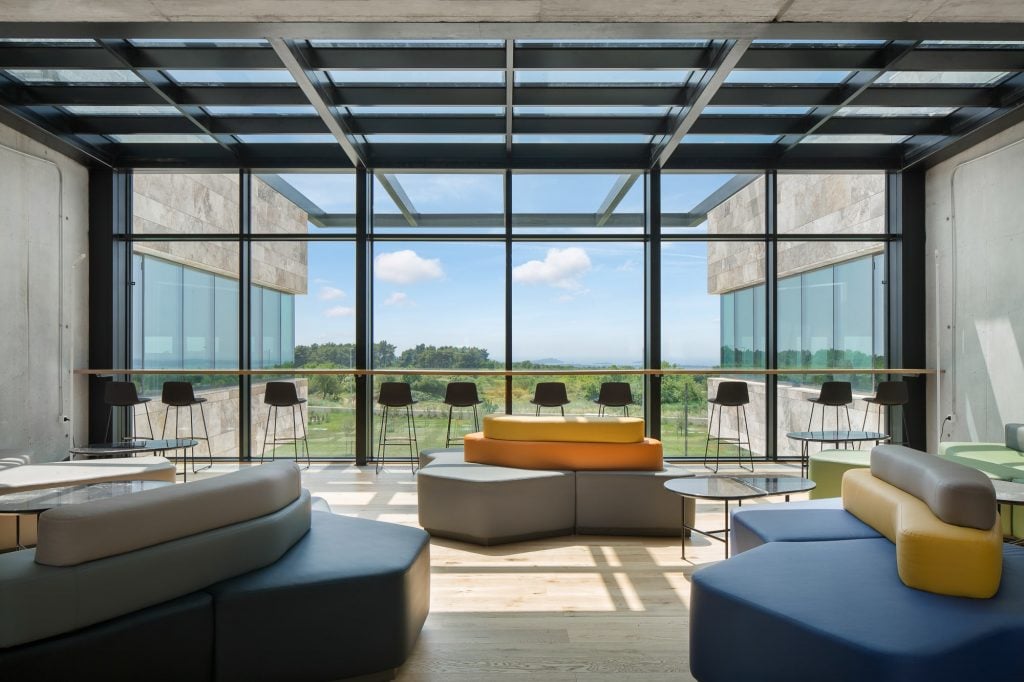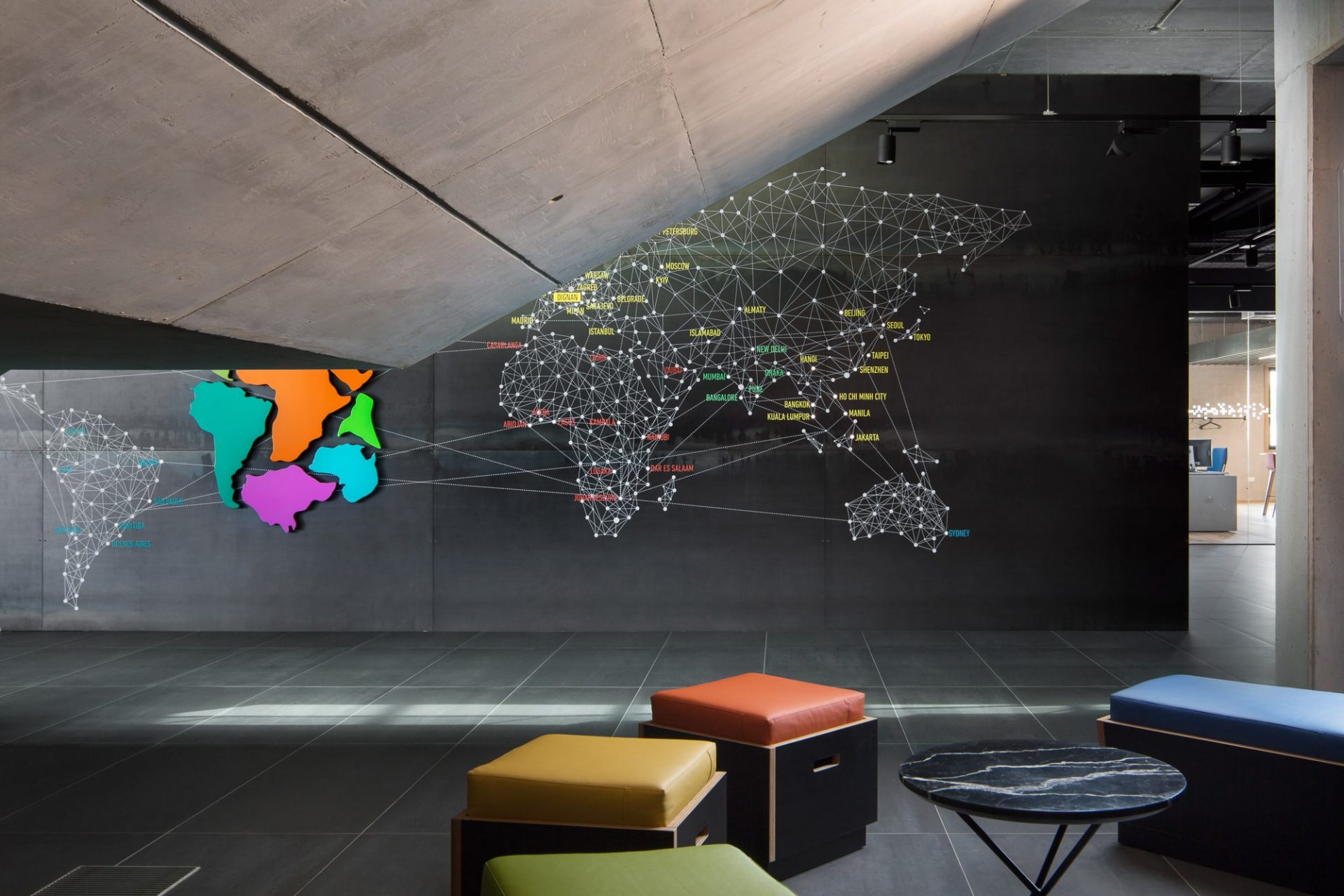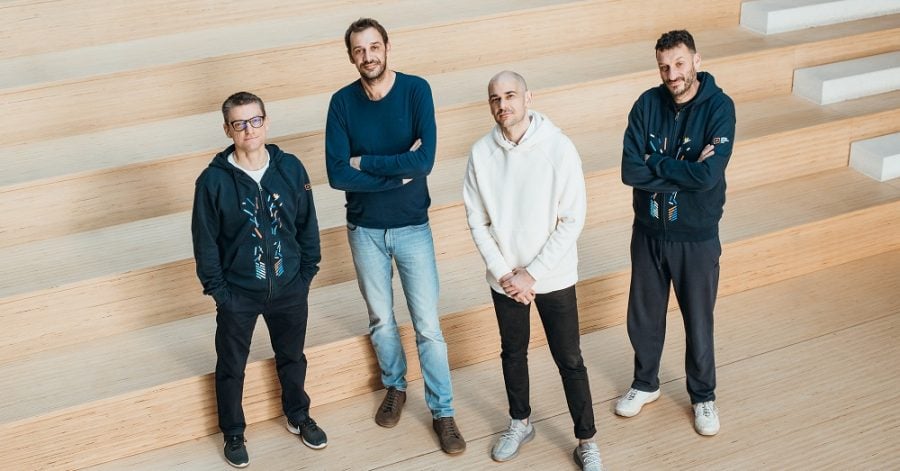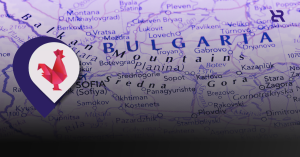More than 20 years ago, the initial idea that led electrical engineer Silvio Kutic to found what is now the first Croatian tech unicorn and one of the biggest communication software companies in the region – was a virtual community for Kutic’s hometown of Vodnjan. It is situated in the Istria region of Croatia.
Today, Infobip’s main headquarters are still located in Vodnjan. Officially established in 2006, the Croatian company now has more than 3,500 employees in more than 70 offices across the world. However, for Kutic, Vodnjan is the heart of the company.

“My family has been living for more than 500 years in Vodnjan, and we wanted to keep the tradition going with the company as well”, Infobip’s CEO and co-founder Kutic tells The Recursive.
Thus, employing people from Vodnjan and the Istria region was the first step Infobip took.
“At the beginning of 2006 and the following years, here we could find people who were extremely motivated to be a part of the company. It is essential to have that motivation and bond with the company itself”, Kutic tells The Recursive.
From then on, Kutic and Infobip also set out on the path of how to further develop the tech ecosystem in the Adriatic country and the rest of the region.
For Kutic, one of the main strengths that the IT sector in Croatia has is software engineering, and therefore, investing in young people and tech startups is what can drive economic growth in the long run.
Two years ago, the company also became the first Croatian unicorn, something which began to further motivate and inspire the young tech ecosystem in the country.
“In 2020 we were recognised as the first unicorn in the region. Of course today, after four acquisitions, we’ve moved past this milestone into an era of exponential growth”, Kutic explains.
However, achieving the unicorn milestone also meant that the company had now paved the way for others and that it took on the responsibility to lead and help others in reaching similar success.
According to NovacHR, the top 25 most promising Croatian startups for 2022 have so far raised investments worth more than €43M.
In 2020, these 25 startups, which also include graph database startups Memgraph and AI startup Mindsmiths, altogether have annual revenue of around €11.5M.
Considering that some of the startups have grown more than ten times a year, they are expected to have exceeded that amount in 2021 by several times, Croatian media noted.
Investing and developing AI and robotics
In September this year, Infobip invested in Croatian robotics startup STEMI, which successfully developed the first Croatian educational robot.
According to Kutic, the investment was a part of the company’s efforts to ensure long-term progress on a business, tech and social level in Croatia and the region. As an educational AI project, Infobip’s plans are that STEMI and similar projects can also spread outside of Croatia.

“STEMI that specialises in bridging the education gap between today’s schooling with skills needed for tomorrow’s economy. It is an education platform that helps transform classrooms into innovation labs where students can experience hands-on projects emulating real-world practices”, Kutic tells The Recursive.
According to STEMI’s CEO Marin Troselj, usually it would take about five years to make any significant changes to the education system in the country. However, together with Infobip, this process now goes much faster.
“Together with Infobip, it took us only 5 months from the idea “let’s teach kids AI” to the point it was being done in the classrooms. In April last year, we piloted the AI program in 60 schools with over 150 teachers and 1000 students. All of them were included in the design process- we were building the program in real-time while it was being used in the classrooms, based on feedback from teachers and students”, Troselj tells The Recursive.
For Troselj, Infobip’s rise also has the potential to be a transformational event for the whole country, primarily when it comes to changing the nation’s mentality.
“Because of Infobip, Croatia has a much better image in the tech world, especially in the eyes of investors since there is still a big deficit of investment capital in Croatia. Infobip is also generating unique know-how that enriches the whole ecosystem – scaling technology, organization, company culture and they are very open to sharing it with the ecosystem”, Troselj explains.
Supporting startups and creating job opportunities
Last year, Infobip also launched its Startup Tribe program, aimed at finding and bringing innovative startups to help fast-track their growth and development, and offering them funding up to $60K in the process.
When it launched the initiative in May last year, just in the first 48 hours Infobip received more than 100 applications. Most applications came from Croatia, then from the region, from Slovenia through Bosnia and Herzegovina to Serbia, and the rest of the world, with startups from countries such as the US, UK, Sweden, Austria, and Singapore.

Today, the program already has engaged more than 70 global startups. According to Ivan Burazin, Infobip’s chief development experience officer and one of the main architects of the program, investing in new generations is one of the main goals of the company at the moment.
“We try to support promising startups anyway we can, be it through offering office space, connections to VC and accelerators or credit offering to Infobip’s products and services. This is something we strongly believe in as we are investing in the new generations that will hopefully continue to give back in the same manner once they mature”, Burazin tells The Recursive.
At the same time, Infobip’s campus in Vodnjan is always open to students willing to learn more about the company and the IT industry.
“We also offer internships for students, where they can spend two-three weeks on our campus with our mentors. They engage in projects and quickly learn, adapt, and enter the global IT industry. It is also great because we can hire the most talented ones, but also to help the community through education”, Kutic explains.
For Kutic, such investments in the tech community will also make the SEE region more attractive for foreign investments as well, which in turn will provide many opportunities for IT professionals from these countries.
“There are very smart people in the region, but until now they didn’t have that platform they could use to enter the global market. Now, there are many companies such as Infobip, Rimac, Photomath and so on, which can offer them these opportunities. So, we are building up this ecosystem here, and helping people and companies further develop”, Kutic concludes.








